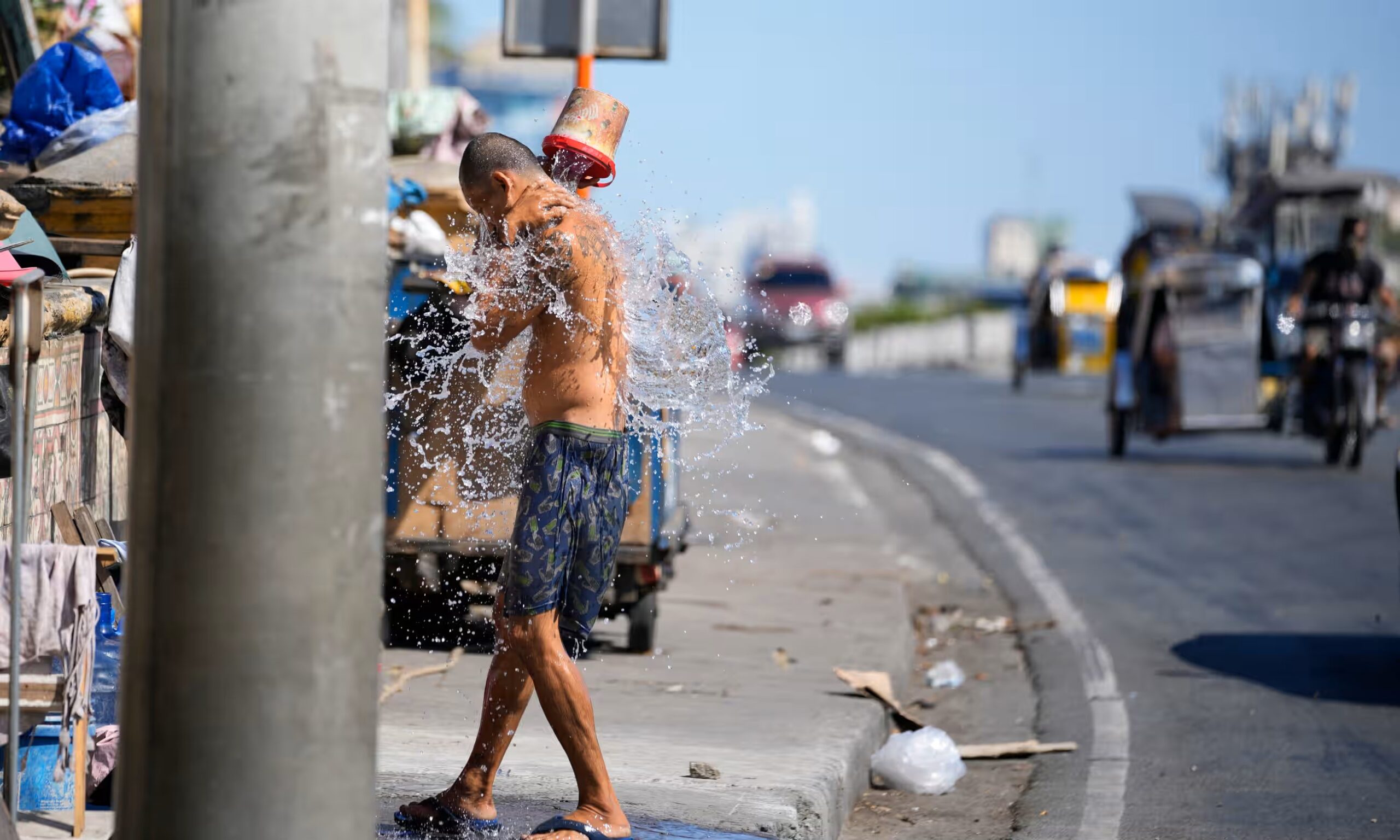The record-breaking heatwave that scorched the Philippines in April would have been impossible without the climate crisis, scientists have found. Searing heat above 40°C (104°F) struck across Asia, causing deaths, water shortages, crop losses, and widespread school closures.
A recent study revealed that extreme heat was 45 times more likely in India and five times more likely in Israel and Palestine due to human-caused global warming. The scientists emphasized that the high temperatures exacerbated the dire humanitarian crisis in Gaza, where displaced people are living in overcrowded shelters with limited access to water.
This study highlights the severe impacts of human-caused global heating, with only 1.2°C of average warming above preindustrial levels over the past four years.
Another “impossible” heatwave hit West Africa and the Sahel in late March, causing deaths and reaching 48.5°C in Mali. Deaths from extreme heat are poorly recorded in many countries, but previous research suggests millions have died prematurely over the past two decades. In Europe, where records are more comprehensive, heat-related deaths rose by 25% in the past decade.
The scientists warned of worse to come. If global temperatures rise to 2°C, repeats of April’s extreme heat will occur every two to three years in the Philippines and every five years in Israel, Palestine, and neighbouring countries. Hundreds of the world’s top climate scientists recently told the Guardian that they expect global inaction on ending fossil fuel burning to result in at least 2.5°C of warming.
“From Gaza to Delhi to Manila, people suffered and died when April temperatures soared in Asia,” said Dr. Friederike Otto of Imperial College London, part of the World Weather Attribution (WWA) study team. “The additional heat, driven by emissions from oil, gas, and coal, is resulting in death for many people.”
Dr. Carolina Pereira Marghidan, a heat risk consultant at the Red Cross Red Crescent Climate Centre, added, “The heat really compounded an already dire humanitarian crisis in Gaza, with displaced populations having limited to no access to food, water, or healthcare and generally living in overcrowded shelters that trap heat or living outdoors.”
This underscores the urgent need for global climate action to mitigate these increasingly frequent and severe weather events. Read More
News Credit: The Guardian
Picture Credit: Aaron Favila/AP



